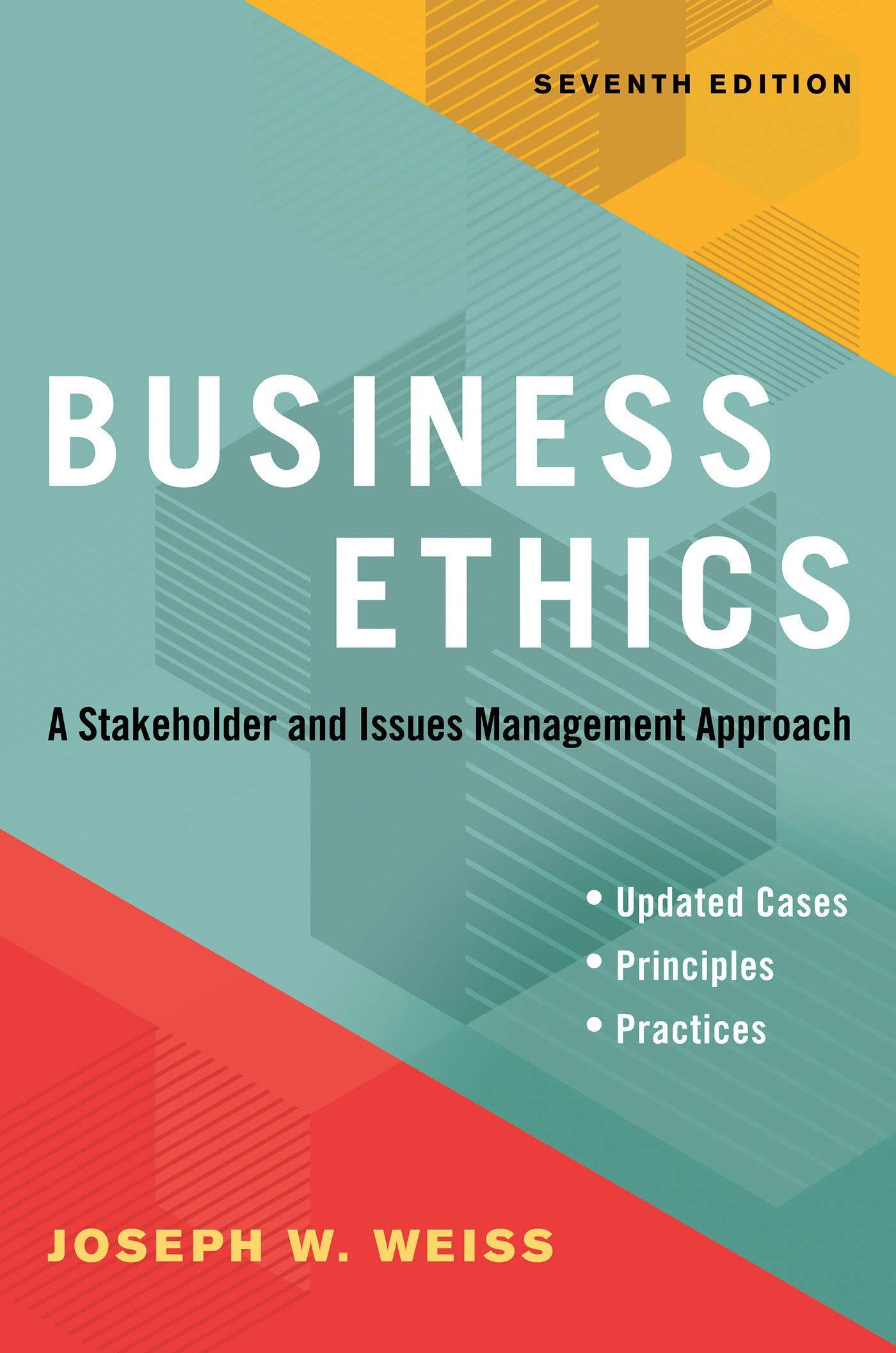Question
THE PAIN OF COMPETITION Sometimes it is possible to see an industry become perfectly competitive. In fact, it happens frequently in the case of pharmaceuticals
THE PAIN OF COMPETITION
Sometimes it is possible to see an industry become perfectly competitive. In fact, it happens frequently in the case of pharmaceuticals when the patent on a popular drug expires.
When a company develops a new drug, it is usually able to receive a patent, which gives it a legal monopoly—the exclusive right to sell the drug—for 20 years from the date of filing. Legally, no one else can sell that drug without the patent owner’s permission. When the patent expires, the market is open for other companies to sell their own versions of the drug, known collectively as generics. Generics are standardized products, much like aspirin, and are often sold by many producers.
The shift from a market with a single seller to perfect competition, not coincidentally, is accompanied by a sharp fall in the market price. For example, when the patent expired for the painkiller ibuprofen and generics were introduced, its price eventually fell by nearly 75%; the price of the painkiller naproxen fell by 90%. On average, drug prices are 40% lower after a generic enters the market.
Not surprisingly, the makers of patent-protected drugs are eager to forestall the entry of generic competitors and have tried a variety of strategies. One especially successful tactic is for the original drug maker to make an agreement with a potential generic competitor, essentially paying the competitor to delay its entry into the market. As a result, the original drug maker continues to charge high prices and reap high profits. These agreements have been fiercely contested by many government regulators, who view them as anti-competitive practices that hurt consumers. As of the time of writing, drug makers, consumers, and government officials were awaiting a decision by the courts on the legality of these agreements.
Submit a small paper answering the following questions:
In each of the following situations, do you think the industry described will be perfectly competitive or not? Explain your answer.
- There are two producers of aluminum in the world, a good sold in many places.
- The price of natural gas is determined by global supply and demand. A small share of that global supply is produced by a handful of companies located in the North Sea.
- Dozens of designers sell high - fashion clothes. Each designer has a distinctive style and a loyal clientele.
- There are many baseball teams in the United States, one or two in each major city and each selling tickets to its hometown events.
Step by Step Solution
3.43 Rating (159 Votes )
There are 3 Steps involved in it
Step: 1
Is it Perfectly Competitive Analyzing the Scenarios 1 Two Aluminum Producers No this is not perfect ...
Get Instant Access to Expert-Tailored Solutions
See step-by-step solutions with expert insights and AI powered tools for academic success
Step: 2

Step: 3

Ace Your Homework with AI
Get the answers you need in no time with our AI-driven, step-by-step assistance
Get Started


